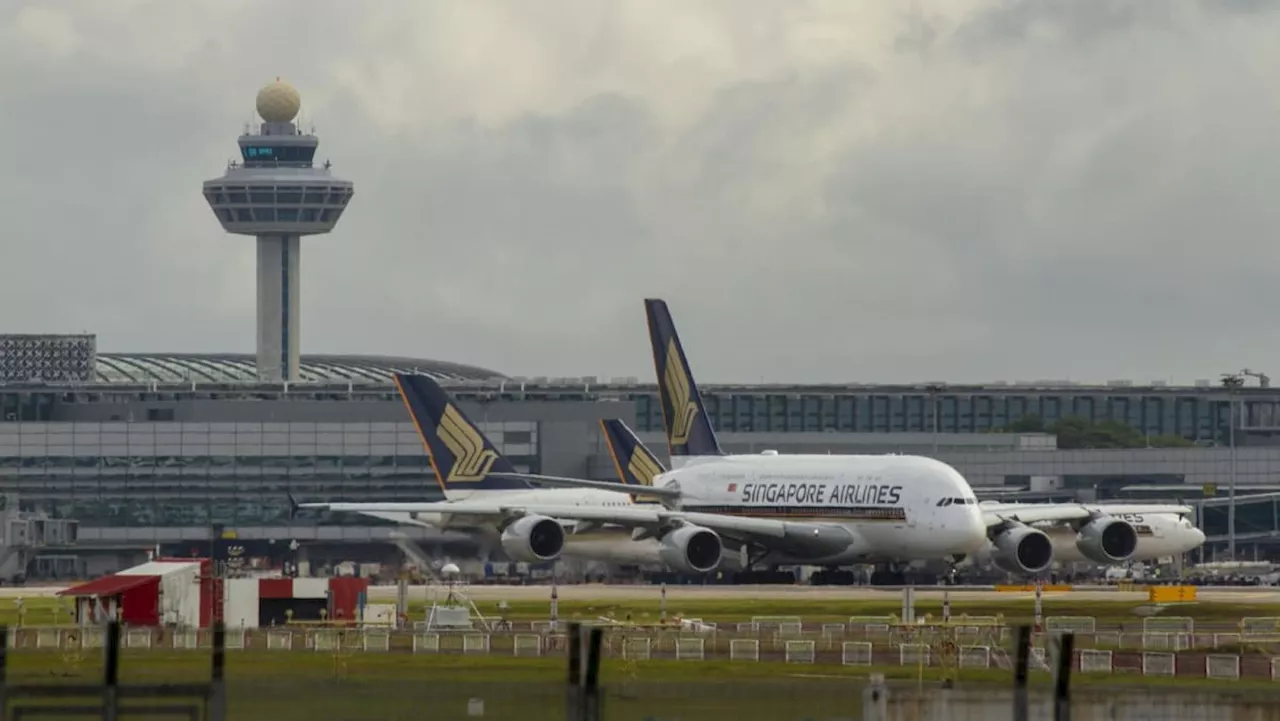The traits that make camels well-adapted to climate change also make them increasingly attractive targets for intensive farming, say these University of Oxford academics.
The projected value of the global camel milk market ranges from US$2 billion to US$13 billion by the end of the decade.
Camels evolved to cope with very hot days and freezing cold desert nights. They can go for days with little water or vegetation, and produce less methane than cows, sheep and other ruminants. We have spent many years working with mobile camel herders in rural Arabia and Central Asia. We fear that a switch to industrialised camel farming will not only be bad for the environment, but will also mean crucial traditional knowledge and intangible cultural heritage is lost. It would be a shame if these “ships of the desert” end up as livestock stuck in a small paddock.The trend is driven by burgeoning demand for camel milk as an alternative to cow, sheep and goat milk.
The increasing demand for both fresh and powdered camel milk is exemplified by the rise in small dairies in the least expected places, such as an Amish-Saudi collaboration in the US. More are being built, and in early 2024, the Saudi sovereign wealth fund announced further investment. International camel herder participants who gathered at one recent workshop in Rajasthan, India, released a statement saying they reject the “extractive model of animal production that was first superimposed on many camelid countries in colonial times”. They are wary of adopting a model for industrialised camel keeping that is “dependent on fossil fuels, chemical inputs and imported feed”.
Farming Climate Change Sustainability
Philippines Latest News, Philippines Headlines
Similar News:You can also read news stories similar to this one that we have collected from other news sources.
 Commentary: What we learned from teaching a university course on the science of happinessWhen you deliver a university course that makes students happier, everybody wants to know what the secret is.
Commentary: What we learned from teaching a university course on the science of happinessWhen you deliver a university course that makes students happier, everybody wants to know what the secret is.
Read more »
 Commentary: Why impose a sustainable aviation fuel levy on passengers flying from Singapore?As a major aviation hub, Singapore can leverage travellers transiting through to pay for the move towards sustainable aviation fuel, says NUS Energy Studies Institute’s Roger Fouquet.
Commentary: Why impose a sustainable aviation fuel levy on passengers flying from Singapore?As a major aviation hub, Singapore can leverage travellers transiting through to pay for the move towards sustainable aviation fuel, says NUS Energy Studies Institute’s Roger Fouquet.
Read more »
 Commentary: Putin’s conspiracy theories make Russians less safePresident Vladimir Putin’s accusations over the Moscow attack hide a massive security failure, says Marc Champion for Bloomberg Opinion.
Commentary: Putin’s conspiracy theories make Russians less safePresident Vladimir Putin’s accusations over the Moscow attack hide a massive security failure, says Marc Champion for Bloomberg Opinion.
Read more »
 Commentary: Big Brother concerns in Ho Chi Minh City as Vietnam launches social listening programmeLocals in Ho Chi Minh City worry that a new government initiative for social listening powered by artificial intelligence would jeopardise their privacy rather than improve public services, says Thanh Giang Nguyen from the ISEAS - Yusof Ishak Institute.
Commentary: Big Brother concerns in Ho Chi Minh City as Vietnam launches social listening programmeLocals in Ho Chi Minh City worry that a new government initiative for social listening powered by artificial intelligence would jeopardise their privacy rather than improve public services, says Thanh Giang Nguyen from the ISEAS - Yusof Ishak Institute.
Read more »
 Commentary: Will we ever see an HIV vaccine?The best way to eradicate a disease is to have an effective vaccine. Yet despite almost 30 years of intensive research and multiple clinical trials, an HIV vaccine remains elusive, says Prof Roy Chan, president of Action for AIDS Singapore.
Commentary: Will we ever see an HIV vaccine?The best way to eradicate a disease is to have an effective vaccine. Yet despite almost 30 years of intensive research and multiple clinical trials, an HIV vaccine remains elusive, says Prof Roy Chan, president of Action for AIDS Singapore.
Read more »
 Commentary: Sam Bankman-Fried's 25-year jail sentence is a warning to cryptoSending one-time wunderkind Sam Bankman-Fried to jail for 25 years and stripping him of US$11 billion should act as powerful deterrent in a business still badly in need of cleaning up, says Lionel Laurent for Bloomberg Opinion.
Commentary: Sam Bankman-Fried's 25-year jail sentence is a warning to cryptoSending one-time wunderkind Sam Bankman-Fried to jail for 25 years and stripping him of US$11 billion should act as powerful deterrent in a business still badly in need of cleaning up, says Lionel Laurent for Bloomberg Opinion.
Read more »
